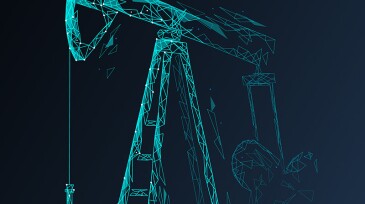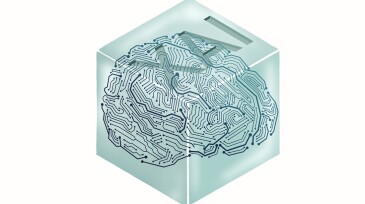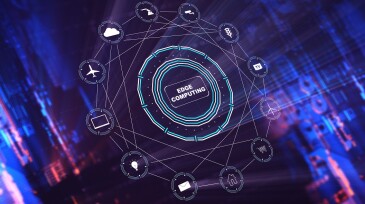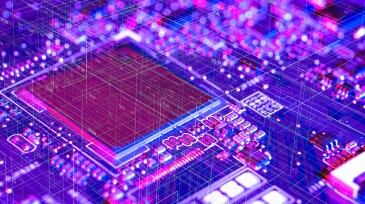AI/machine learning
Aurora Innovation and Detmar Logistics have inked a deal for 30 autonomous trucks that will begin hauling sand in the region next year.
Sustainability in reservoir management emerges not from standalone initiatives but from integrated, data-driven workflows, where shared models, closed-loop processes, and AI-enabled insights reduce fragmentation and make sustainable performance a natural outcome.
Sponsored
In oil and gas operations, every decision counts. For more than 2 decades, SiteCom has been the trusted digital backbone for well operations worldwide, driving insight, collaboration, and efficiency.
-
In this paper, the authors describe a model that uses augmented artificial intelligence to optimize well spacing by use of data sculpting, domain and feature engineering, and machine learning.
-
SponsoredRod lift failure frequency in horizontal wells drives significant operating expenses. Understanding why these failures occur leads to a solution — production optimization with automated setpoint changes, which can extend the life of this equipment and reduce downtime.
-
Cube drilling was an exciting idea several years ago. Since then, the luster seems to have faded. Now, production software company Novi Labs says machine learning may bring life back to the concept.
-
Four CEOs describe what goes into turning a world of data into a data-driven world.
-
The authors write that even simple deep-learning architectures can identify a leak using pressure data.
-
The authors demonstrate how artificial intelligence and machine learning can help build a purely data-driven reservoir simulation model that successfully history matches dynamic variables for wells in a complex offshore field and that can be used for production forecasting.
-
One of the major characteristics of petroleum data analytics is its incorporation of explainable artificial intelligence (XAI). Predictive models of petroleum data analytics are not represented through unexplainable black-box behavior. Predictive models of petroleum data analytics are reasonably explainable. This second part of a two-part series presents the use of XA…
-
One of the major characteristics of petroleum data analytics is its incorporation of explainable artificial intelligence (XAI). Predictive models of petroleum data analytics are not represented through unexplainable black-box behavior. Predictive models of petroleum data analytics are reasonably explainable. This first part of a two-part series presents the history of…
-
Being able to deploy machine-learning applications at the edge is the key to unlocking a multibillion-dollar market. TinyML is the art and science of producing machine-learning models frugal enough to work at the edge, and it's seeing rapid growth.
-
Earlier this year, 19 teams competed in a machine-learning contest held by the Data Analytics Study Group of SPE’s Gulf Coast Section. The was the first competition of its kind for SPE. Here, the organizers of the contest present some of the techniques used and lessons learned from the Machine Learning Challenge 2021.













